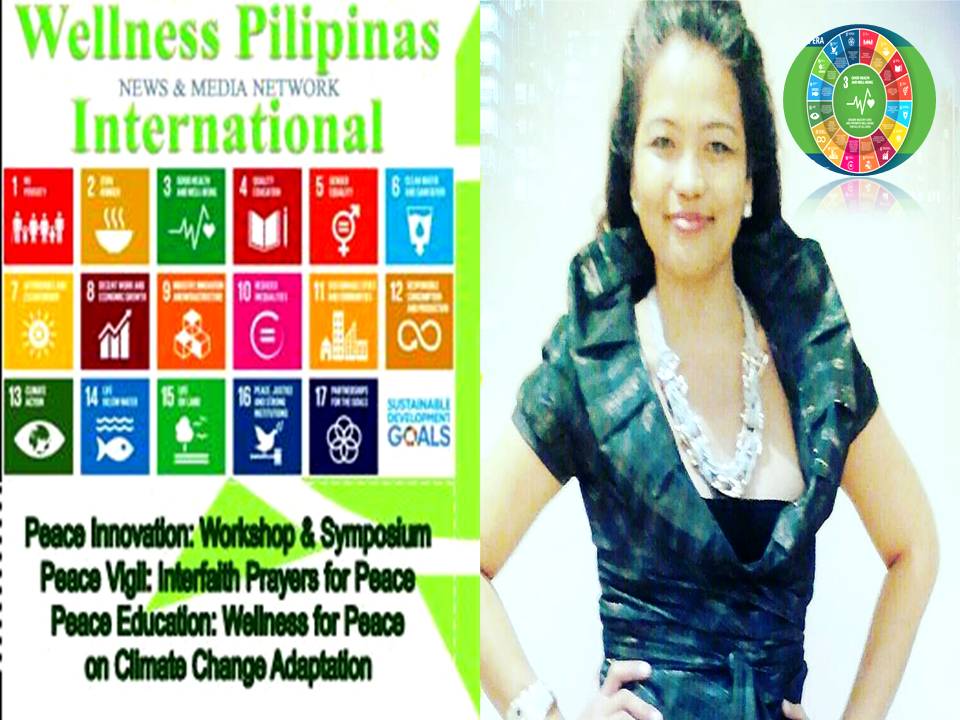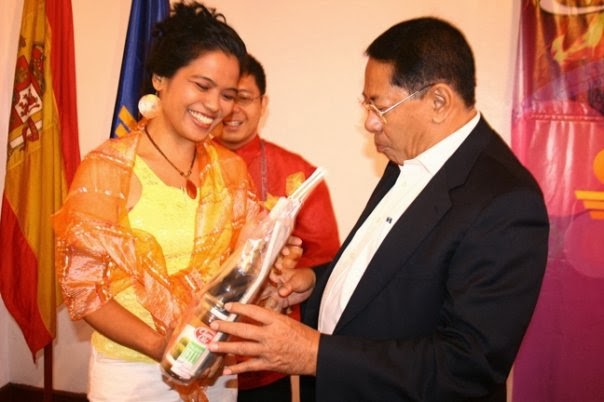13 DECEMBER 2017 | TOKYO - At least half of the world’s population cannot obtain essential health services, according to a new report from the World Bank and WHO. And each year, large numbers of households are being pushed into poverty because they must pay for health care out of their own pockets.
Currently, 800 million people spend at least 10 percent of their household budgets on health expenses for themselves, a sick child or other family member. For almost 100 million people these expenses are high enough to push them into extreme poverty, forcing them to survive on just $1.90 or less a day. The findings, released today in Tracking Universal Health Coverage: 2017 Global Monitoring Report, have been simultaneously published in Lancet Global Health.
"It is completely unacceptable that half the world still lacks coverage for the most essential health services," said Dr Tedros Adhanom Ghebreyesus, Director-General of WHO. "And it is unnecessary. A solution exists: universal health coverage (UHC) allows everyone to obtain the health services they need, when and where they need them, without facing financial hardship."
"The report makes clear that if we are serious – not just about better health outcomes, but also about ending poverty – we must urgently scale up our efforts on universal health coverage," said World Bank Group President Dr. Jim Yong Kim. "Investments in health, and more generally investments in people, are critical to build human capital and enable sustainable and inclusive economic growth. But the system is broken: we need a fundamental shift in the way we mobilize resources for health and human capital, especially at the country level. We are working on many fronts to help countries spend more and more effectively on people, and increase their progress towards universal health coverage."
There is some good news: The report shows that the 21st century has seen an increase in the number of people able to obtain some key health services, such as immunization and family planning, as well as antiretroviral treatment for HIV and insecticide-treated bed nets to prevent malaria. In addition, fewer people are now being tipped into extreme poverty than at the turn of the century.
Progress, however, is very uneven.
There are wide gaps in the availability of services in Sub-Saharan Africa and Southern Asia. In other regions, basic health care services such as family planning and infant immunization are becoming more available, but lack of financial protection means increasing financial distress for families as they pay for these services out of their own pockets. This is even a challenge in more affluent regions such as Eastern Asia, Latin America and Europe, where a growing number of people are spending at least 10 percent of their household budgets on out-of-pocket health expenses. Inequalities in health services are seen not just between, but also within countries: national averages can mask low levels of health service coverage in disadvantaged population groups. For example, only 17 percent of mothers and children in the poorest fifth of households in low- and lower-middle income countries received at least six of seven basic maternal and child health interventions, compared to 74 percent for the wealthiest fifth of households.
The report is a key point of discussion at the global Universal Health Coverage Forum 2017, currently taking place in Tokyo, Japan. Convened by the Government of Japan, a leading supporter of UHC domestically and globally, the Forum is cosponsored by the Japan International Cooperation Agency (JICA), UHC2030, the leading global movement advocating for UHC, UNICEF, the World Bank, and WHO. Japanese Prime Minister Shinzo Abe, UN Secretary-General Antonio Guterres, World Bank President Kim, WHO Director-General Tedros and UNICEF Executive Director Anthony Lake will all be in attendance, in addition to heads of state and ministers from over 30 countries.
"Past experiences taught us that designing a robust health financing mechanism that protects each individual vulnerable person from financial hardship, as well as developing health care facilities and a workforce including doctors to provide necessary health services wherever people live, are critically important in achieving 'Health for All,'" said Mr. Katsunobu Kato, Minister of Health, Labour and Welfare, Japan. "I firmly believe that these early-stage investments for UHC by the whole government were an important enabling factor in Japan’s rapid economic development later on."
The Forum is the culmination of events in over 100 countries, which began on Dec. 12—Universal Health Coverage Day—to highlight the growing global momentum on UHC. It seeks to showcase the strong high-level political commitment to UHC at global and country levels, highlight the experiences of countries that have been pathfinders on UHC progress, and add to the knowledge base on how to strengthen health systems and effectively promote UHC.
The main high-level sessions of the Forum take place tomorrow, Dec. 14, and will also feature an all-day “innovation showcase,” highlighting innovations driving progress in health systems around the world, and a celebratory public event in the evening. A commitment to action, called the Tokyo Declaration on Universal Health Coverage, will be released during the Forum’s closing ceremony.
"Without health care, how can children reach their full potential? And without a healthy, productive population, how can societies realize their aspirations?" said UNICEF Executive Director Anthony Lake. "Universal health coverage can help level the playing field for children today, in turn helping them break intergenerational cycles of poverty and poor health tomorrow."
Building on the G7 Ise-Shima Summit and the TICAD VI in 2016, both of which stress the need for UHC, the Forum in Tokyo is seen as a milestone for accelerating progress towards the target of UHC by 2030, a key part of the Sustainable Development Goals. Countries will then gear up for the next global moment: a high-level meeting of the UN General Assembly on UHC in 2019.
Note to editors
The World Bank/WHO UHC Global Monitoring Report, issued regularly, measures the proportion of a population that can access essential quality health services, and the proportion of the population that spends a large amount of household income on health. It also evaluates the overall level and the extent to which UHC is equitable - offering service coverage and financial protection to all people within a population, such as the poor or those living in remote rural areas. The report uses 16 essential health services as indicators of the level and equity of coverage in countries.
For further information, please contact:
In Tokyo
Mamiko Yoshizu
WHO
Communications Officer
Mobile: +81-90-9055-0338
Email: yoshizum@who.int
Simeon Bennett
WHO
Communications Officer
Mobile: +41-79-472-7429
Email: simeonb@who.int
In Geneva
Gregory Hartl
WHO
Spokesperson
Mobile: +41-79-203-6715
Email: hartlg@who.int
In Washington, DC







